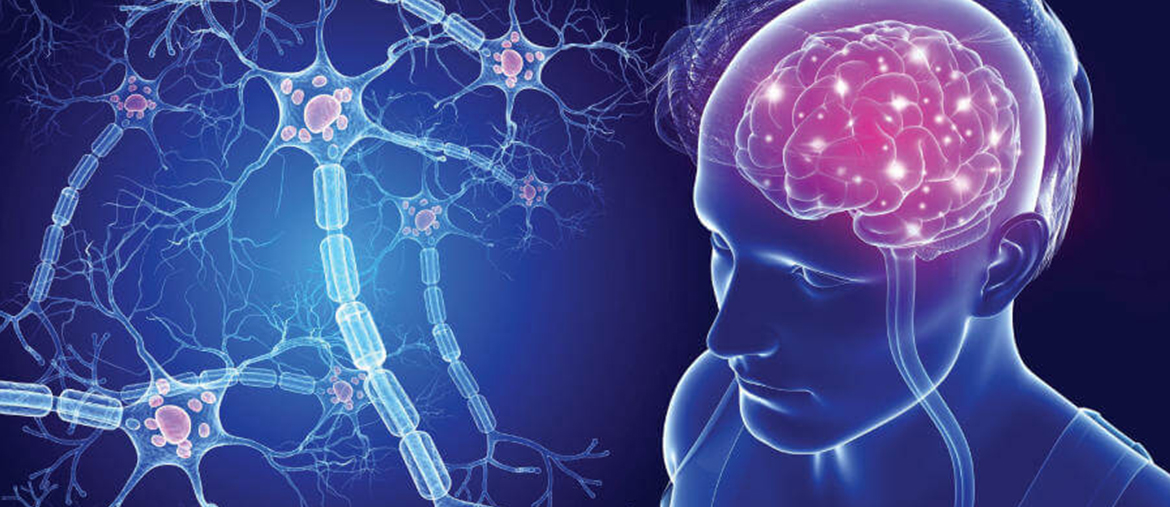Expert Multiple Sclerosis Services Care in Plano, TX

Multiple Sclerosis
Multiple sclerosis (MS) is a potentially disabling disease of the Neurological brain disorders treatment and spinal cord (central nervous system).
In MS, the immune system attacks the protective sheath (myelin) that covers nerve fibers and causes communication problems between your brain and the rest of your body. Eventually, the disease can cause permanent damage or deterioration of the nerve fibers.
Signs and symptoms of MS vary widely between patients and depend on the location and severity of nerve fiber damage in the central nevous system. Some people with severe MS may lose the ability to walk independently or ambulate at all. Other individuals may experience long periods of remission without any new symptoms depending on the type of MS they have.
There are Multiple sclerosis treatments to help speed the recovery from attacks, modify the course of the disease and manage symptoms.
Symptoms
- Numbness or weakness in one or more limbs that typically occurs on one side of your body at a time
- Tingling
- Electric-shock sensations that occur with certain neck movements, especially bending the neck forward (Lhermitte sign)
- Lack of coordination
- Unsteady gait or inability to walk
- Partial or complete loss of vision, usually in one eye at a time, often with pain during eye movement
- Prolonged double vision
- Blurry vision
- Vertigo
- Problems with sexual, bowel and bladder function
- Fatigue
- Slurred speech
- Cognitive problems
- Mood disturbances
